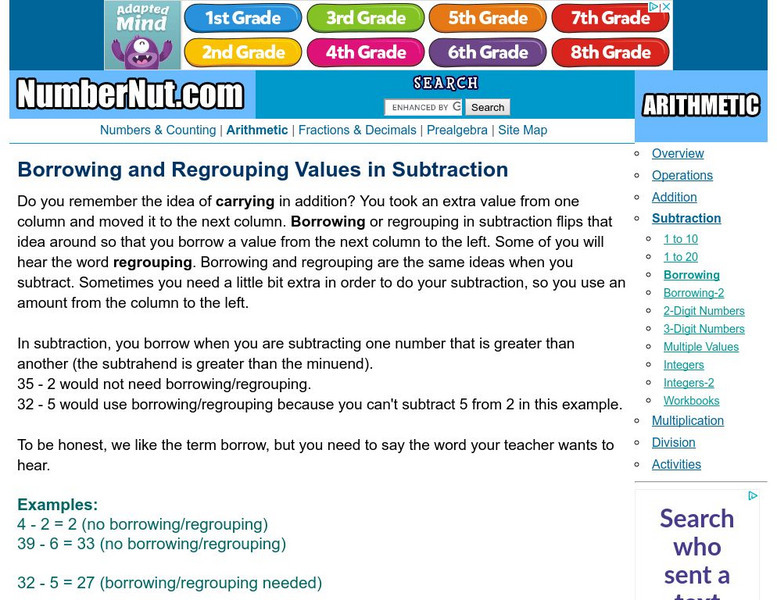Curated OER
The good microbes
The question posed for the class to consider; What would decay and what would not? They read the short passage on decomposition and microbes, then mark the items that would decay after a two-week period. A scientific investigation idea...
Science Education Resource Center at Carleton College
Serc: Investigating Ponds and Streams: How Clean Is Our Water?
In this field lab, students investigate the differences in three city ponds. Students will compare pond life, temperature, pH, Ammonia, dissolved oxygen, and Nitrate. The student use the pond sheets (Flinn Scientific Catalog 2007) to...
Other
Composting Practices (Pdf) [Pdf]
This publication explains the agricultural and environmental benefits of composting household waste. It explains the difference between hot and cool composting systems. It also documents research indicating turfgrass benefits from humus...
Better Lesson
Better Lesson: Finding the Area of a Trapezoid
Sixth graders find the area of a trapezoid by decomposing it into triangles and using the formula
Better Lesson
Better Lesson: Filling Shadows With More and Less
First graders use their understanding of composing and decomposing shapes to cover a given area. Today's lesson plan is bringing together many of the geometric skills from previous lessons.
Better Lesson
Better Lesson: Area & the Distributive Property
Third graders develop spatial reasoning about large areas through composing and decomposing rectangles to determine area.
NumberNut
Number Nut: Subtraction: Borrowing
Explains the concept of 'borrowing' in subtraction, also known as regrouping or decomposing numbers.




![Composting Practices (Pdf) [Pdf] Handout Composting Practices (Pdf) [Pdf] Handout](https://d15y2dacu3jp90.cloudfront.net/images/attachment_defaults/resource/large/FPO-knovation.png)
